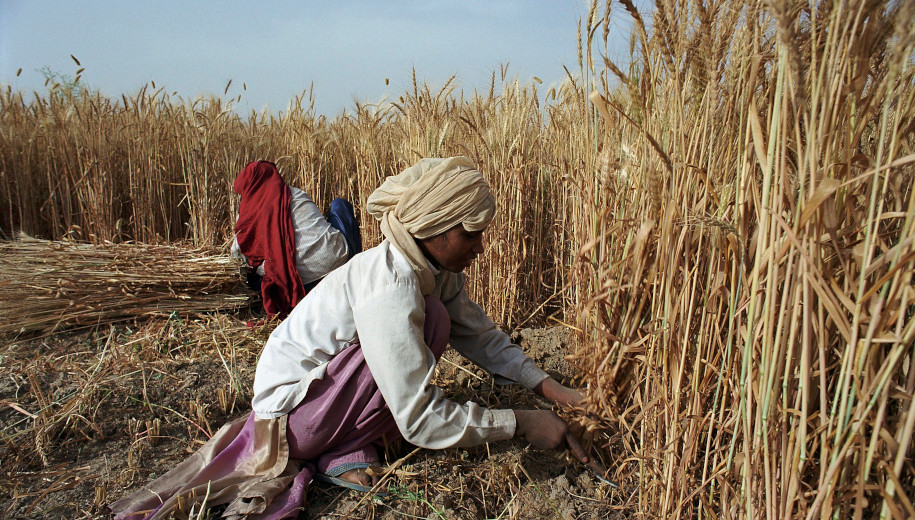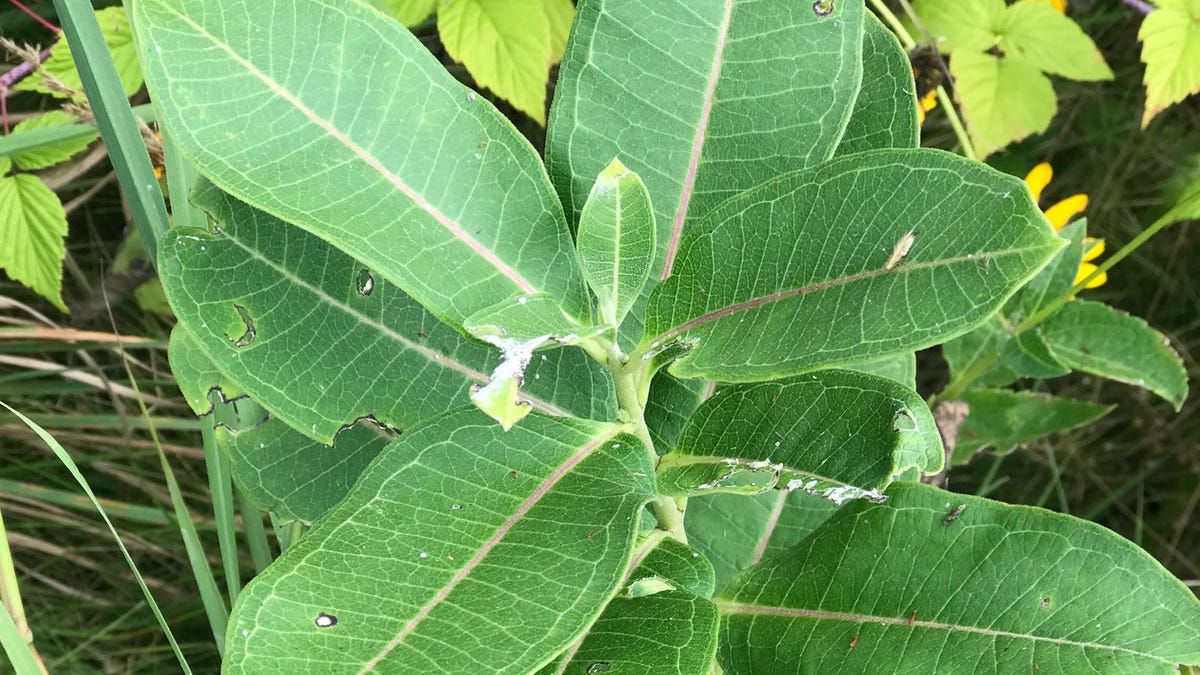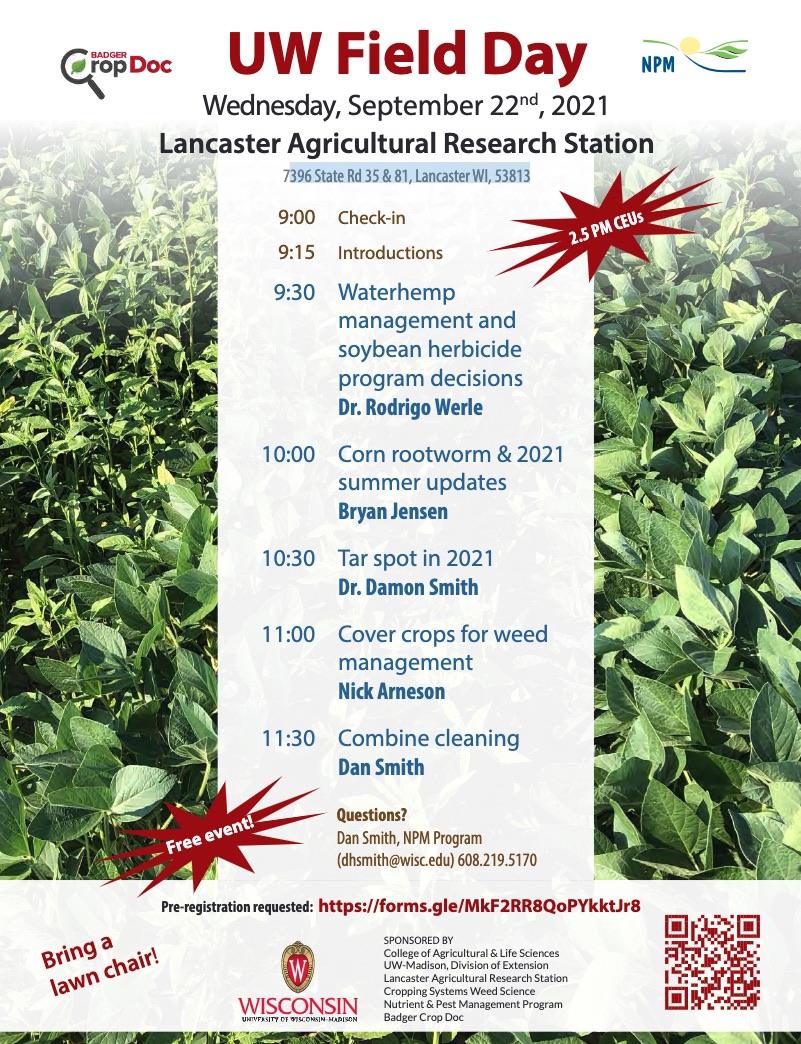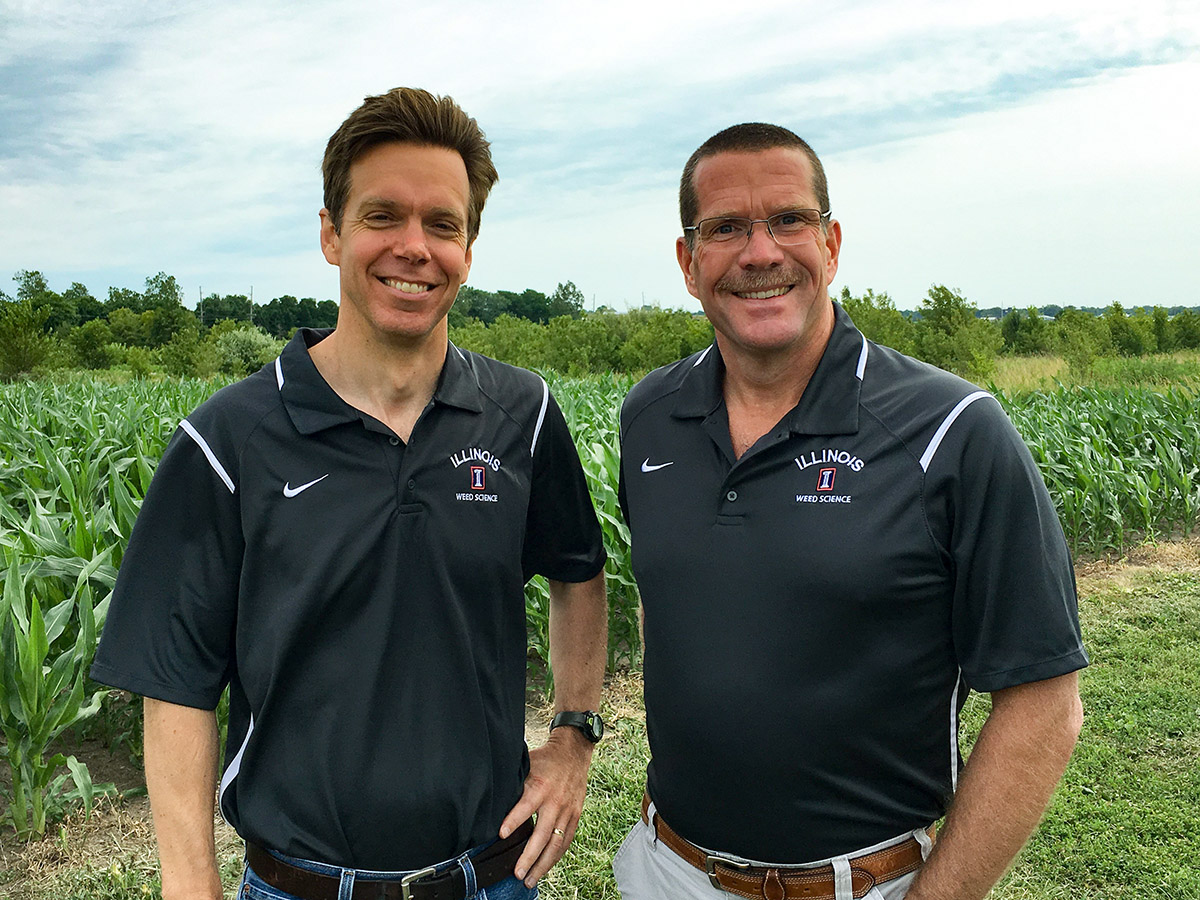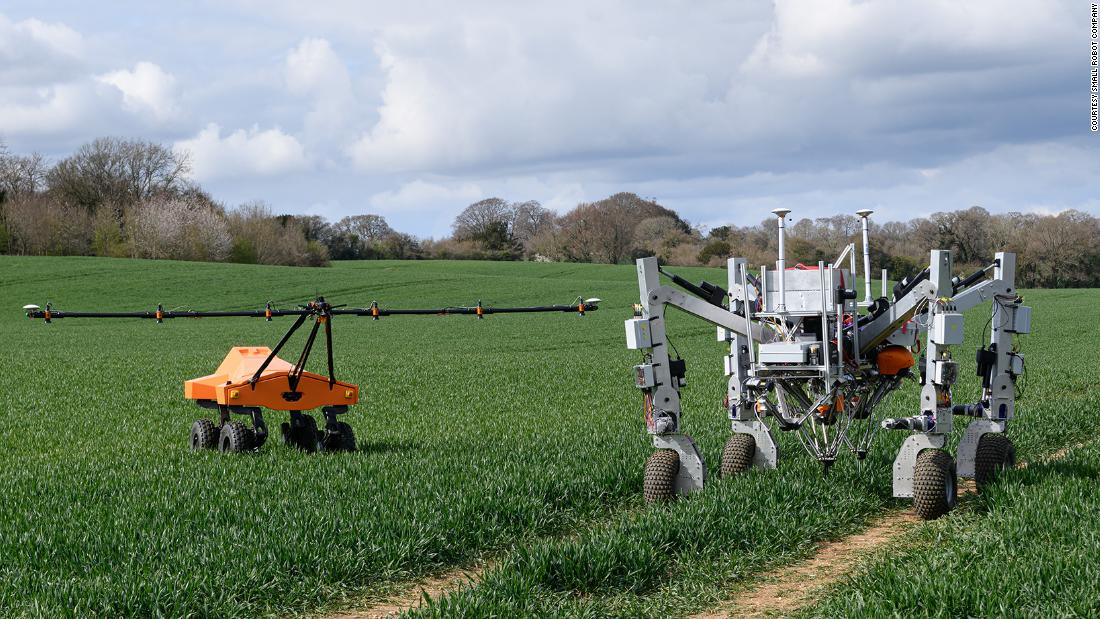 John LaRose Jr.
John LaRose Jr.
Topics: Soil Health, Weeds, Crop Consultant, Agriculture Global, Sustainability, Ag Asia / Pacific, Ag Innovation, Weather,
Climate-smart crop rotation works for Gangetic plains - Asia & Pacific
Climate-smart agricultural practices such as crop rotation can safely suppress weeds, says study.
-
(0)
-
Bookmark
- Comments (0)
 John LaRose Jr.
John LaRose Jr.
Topics: Weeds, Agriculture US, Beekeeping, Pollinators,
10 'weeds' that are really pollinator and animal friendly native Wisconsin plants
What's good for a butterfly isn't often a favorite of a farmer or gardener. Some plants with weedy reputations do have biological value.
-
(0)
-
Bookmark
- Comments (0)
 Nancy Kavazanjian
Nancy Kavazanjian
Topics: Weeds, Agriculture US, Cover Crops, Crop Diseases,
-
(0)
-
Bookmark
- Comments (0)
 John LaRose Jr.
John LaRose Jr.
Topics: Corn/Maize, Weeds, Agriculture US, Agriculture Global, Education U.S. MidWest, Research, Sweet Corn, Climate Change, Weather,
Think climate change is bad for corn? Add weeds to the equation
URBANA, Ill. – By the end of the century, scientists expect climate change to reduce corn yield significantly, with some estimating losses up to 28%. But those calculations are missing a key factor that could drag corn yields down even further: weeds. Wetter springs and hotter, drier summers, already becoming the norm in the Corn Belt, put stress on corn during key reproductive stages, including silking and grain fill. But those same weather conditions can benefit the scrappy weeds that thrive in tough environments.
-
(0)
-
Bookmark
- Comments (0)
-
(0)
-
Bookmark
- Comments (1)
 John LaRose Jr.
John LaRose Jr.
Topics: Herbicides, Weeds, Crop Consultant, Education U.S. NorthEast, Sustainability, Regenerative Agriculture,
No-till production farmers can cut herbicide use, control weeds, protect profits | Penn State University
Farmers using no-till production — in which soil never or rarely is plowed or disturbed — can reduce herbicide use and still maintain crop yields by implementing integrated weed-management methods, according to a new study conducted by Penn State researchers.
-
(0)
-
Bookmark
- Comments (0)
 Nancy Kavazanjian
Nancy Kavazanjian
Topics: Weeds, Ag Podcast US,
Weeds AR Wild, Ep. 21: Arkansas and Wisconsin: What’s Weed Control Look Like? - Part 1 (8/4/21) - Arkansas Row Crops Radio
Weeds AR Wild Series, S1 Ep21 Part 1. Dr. Rodrigo Werle, Extension Weed Scientist with the University of Wisconsin-Madison, joins the Weeds AR Wild podcast series this week with host Dr. Tommy Butts to discuss weeds and control strategies across our two respective states. Listen in to learn about weed control strategies from different parts of the U.S. and how although weeds may change, the battle against them wages on.
-
(0)
-
Bookmark
- Comments (0)
-
(1)
-
Bookmark
- Comments (0)
 Nancy Kavazanjian
Nancy Kavazanjian
Topics: Weeds, Agriculture US, Pesticides,
Harry Stine takes off the gloves regarding dicamba
Off-target dicamba has damaged hundreds of thousands of Stine research plots for the fifth consecutive year, says Stine.
-
(0)
-
Bookmark
- Comments (0)
 Nancy Kavazanjian
Nancy Kavazanjian
Topics: Weeds, Ag Innovation,
A robot is killing weeds by zapping them with electricity
UK-based startup Small Robot Company has developed robots to rid land of unwanted weeds without using chemicals and heavy machinery.
-
(1)
-
Bookmark
- Comments (0)


